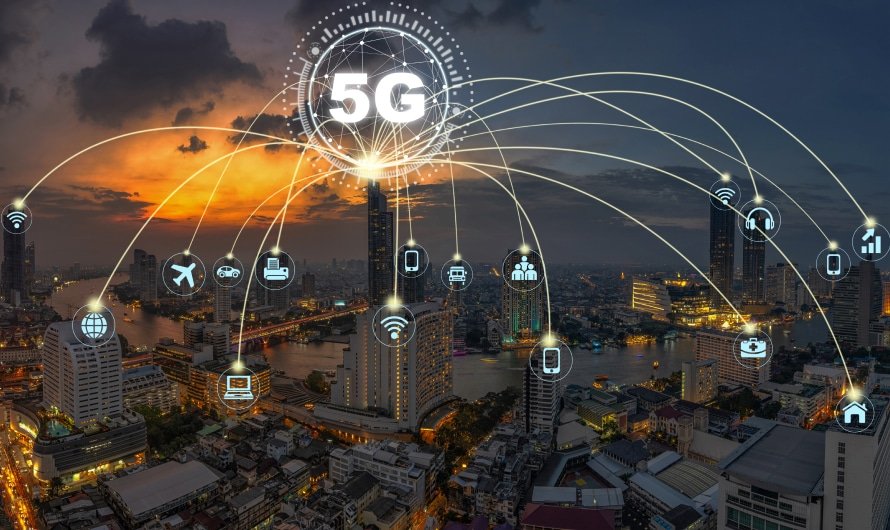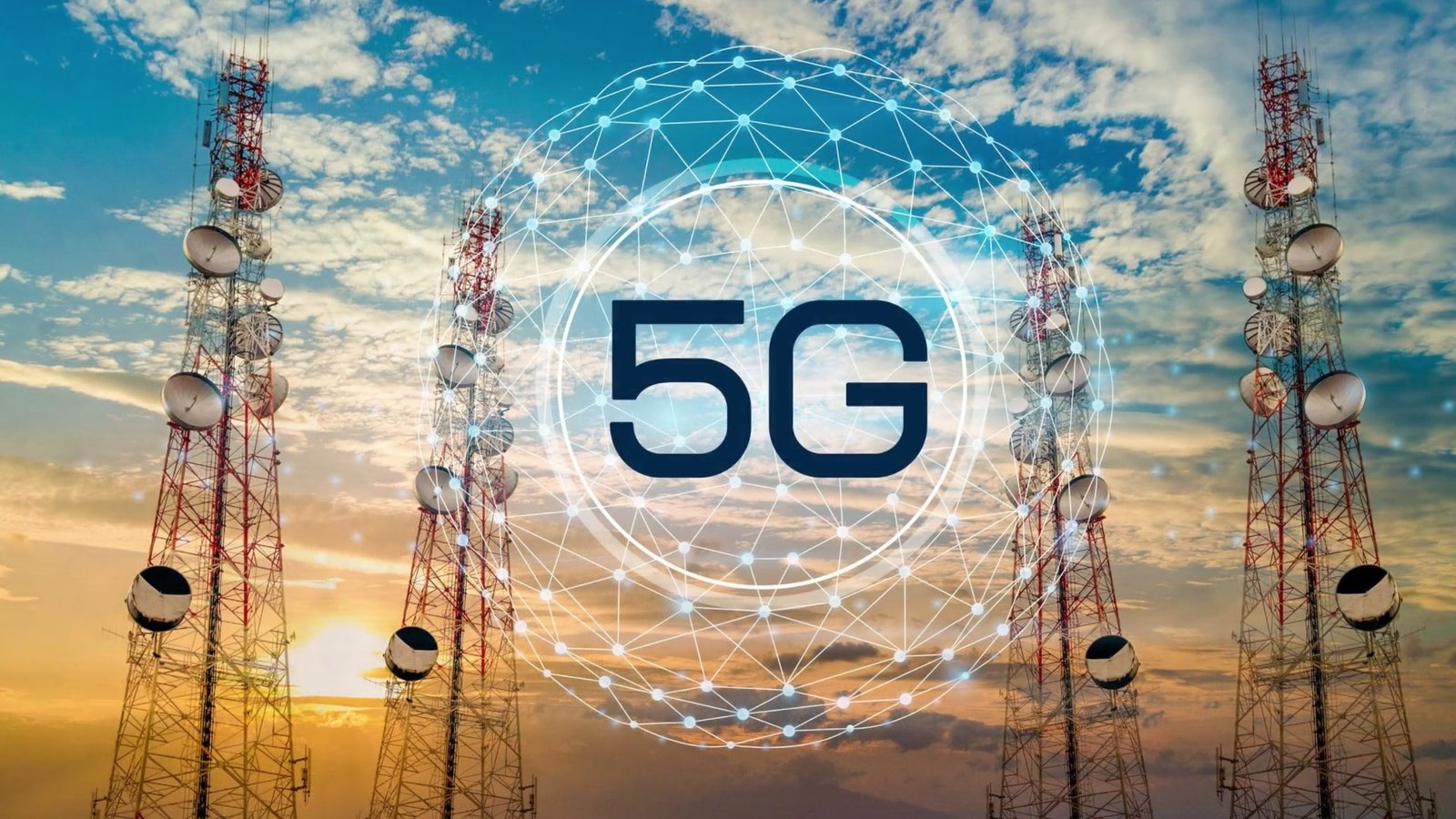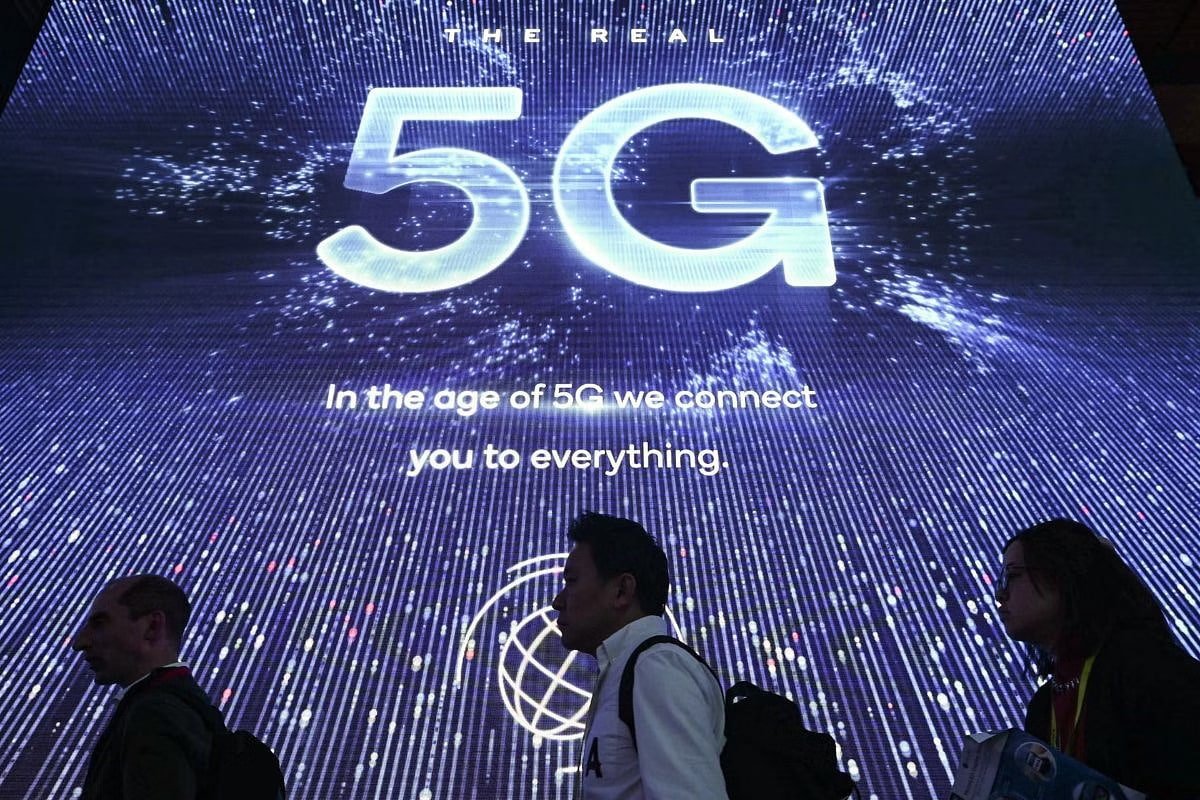The Impact Of 5G On The Global Economy
Along with the technological development happening around the globe at a fast rate with things like 5G, one must be fully aware of the The Impact Of 5G On The Global Economy to understand how things actually work.

The advent of 5G technology is set to revolutionize the global economy. With lightning-fast speeds and ultra-low latency, 5G networks are poised to drive a wave of innovation and productivity gains across a range of industries. I
n this article, we are going to discuss The Impact Of 5G On The Global Economy. From autonomous vehicles and smart cities to telemedicine and remote work, the potential applications of 5G are virtually limitless. As such, it’s no surprise that the rollout of 5G networks has become a top priority for governments and businesses around the world.
But what exactly is 5G, and how will it impact the global economy? 5G is the fifth generation of wireless network technology, offering significantly faster download and upload speeds than its predecessor, 4G. 5G networks are also characterized by their low latency, or lag time, which enables near-instantaneous communication between devices.
This combination of speed and low latency opens up a world of possibilities for businesses, allowing them to harness the power of data in real time and drive innovation in ways that were previously impossible.
Table of Contents
What is the 5G network
5G is the fifth generation of wireless network technology that is designed to offer significantly faster download and upload speeds, as well as lower latency, compared to the previous generations of wireless networks.

With 5G technology, users can expect to experience data transfer speeds that are up to 100 times faster than 4G, which makes it possible to stream high-quality video content, play online games without lag, and download files in a matter of seconds.
The lower latency of 5G networks also enables near-instantaneous communication between devices, which makes it possible to support a range of innovative new applications, such as autonomous vehicles, telemedicine, and smart cities. Additionally, 5G networks can support a much larger number of devices simultaneously, which is particularly important as the number of connected devices continues to grow.
5G and its Impact on the global economy
The impact of 5G on the global economy is expected to be significant. The faster speeds, lower latency, and greater capacity offered by 5G networks have the potential to enable a range of innovative new applications and technologies, which could in turn drive economic growth and create new job opportunities.
One area where 5G is expected to have a particularly significant impact is the development of the Internet of Things (IoT). With the ability to support a much larger number of connected devices simultaneously, 5G networks will make it possible to collect and analyze data from a range of different sources, which could lead to more efficient and effective decision-making across a range of industries.

For example, in the healthcare sector, 5G-enabled IoT devices could help doctors and nurses remotely monitor patient health and respond more quickly to emergencies.
5G is also expected to drive growth in the entertainment and media industries. With faster download and upload speeds, 5G networks will make it possible to stream high-quality video content without buffering, which could lead to increased demand for streaming services like Netflix and Hulu.
Additionally, the lower latency of 5G networks will make it possible to support real-time gaming, which could lead to the development of new gaming experiences and business opportunities.
How 5G is Supporting the manufacturing industry
With the switch to 5G, the first generation of self-driving automobiles may be utilized. Smart cities and autonomous vehicles can collaborate thanks to 5G. Based on traffic information transmitted by other vehicles and the roads, your car will sense and select the best route by coordinating with your estimated time of arrival at work.
Any industry will benefit greatly from the benefits of a quicker, more dependable 5G network. Processing mobile data has enormous potential for the construction sector and has an impact on how machines interact and communicate remotely.

One of the benefits of 5G technology is its ability to quickly transmit data, which allows companies to set up more connected devices without worrying about network congestion. To address the issue of latency, Ericsson Ventures has invested in a mobile platform called Realm that specializes in providing real-time support for delivering applications on iOS, Android, and various cloud environments.
Realm CEO Alexander Stigsen believes that this investment will help to overcome the biggest challenges in mobile development and harness the full potential of 5G networks, powerful mobile devices, and creative developers. Ericsson Ventures VP, Paul McNamara, refers to this technology as the “edge cloud.”
Conclusion
In conclusion to this article on the Impact of 5G on the global economy, 5G technology is set to revolutionize the global economy by offering lightning-fast connectivity and enabling a wide range of applications across various sectors. From enhancing transportation systems to boosting healthcare and entertainment services, the impact of 5G on the global economy is expected to be substantial.
As 5G infrastructure becomes more widespread, it will unlock a whole new world of possibilities for businesses, governments, and consumers alike. With so much potential for growth and innovation, the future of 5G is certainly bright, and its impact on the global economy is something that we can all look forward to.




